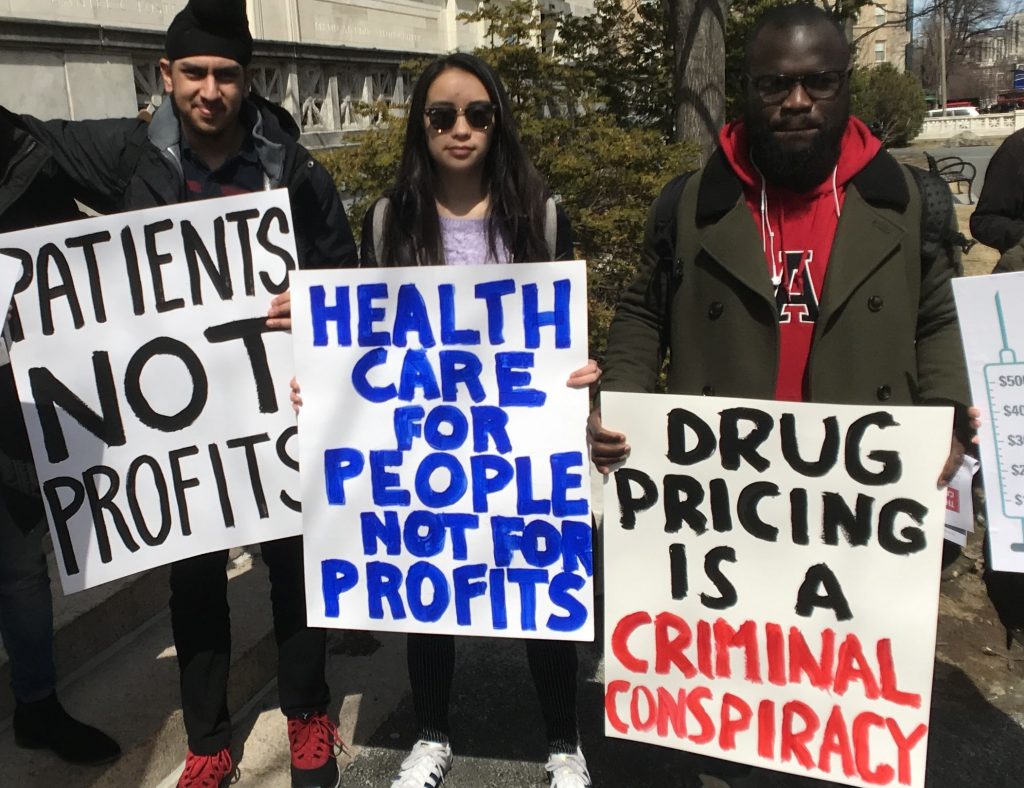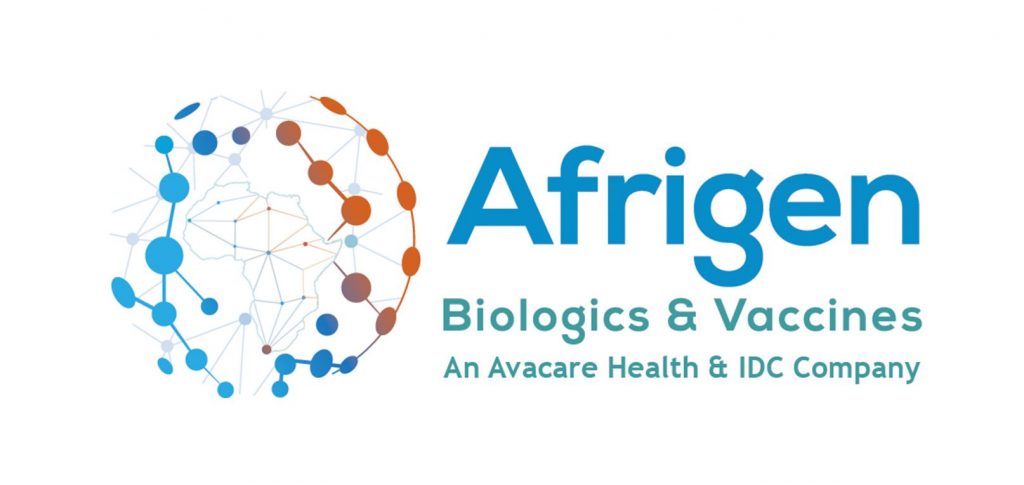“HHS can clearly insist on limiting the U.S. price of Xtandi to the median price for other large high-income countries,” said advocates, “particularly since the drug has already generated more than $10 billion in sales from Medicare alone based upon these unconscionable pricing disparities.”
By Brett Wilkins Published 11-20-2022 by Common Dreams

Screenshot: GlobalGiving
“Cancer does not wait, nor should cancer patients have to wait for years for their government to act.”
That’s the message patient advocates reiterated in a Friday letter asking the Biden administration to help them secure a lifesaving prostate cancer drug that costs nearly $190,000 per year despite its development being 100% taxpayer-funded.
Last year, prostate cancer patient Eric Sawyer petitioned U.S. Health and Human Services (HHS) Secretary Xavier Becerra to grant march-in rights—under which the government can grant patent licenses to companies other than a drug’s manufacturer—for enzalutamide, which is sold under the brand name Xtandi. Continue reading


